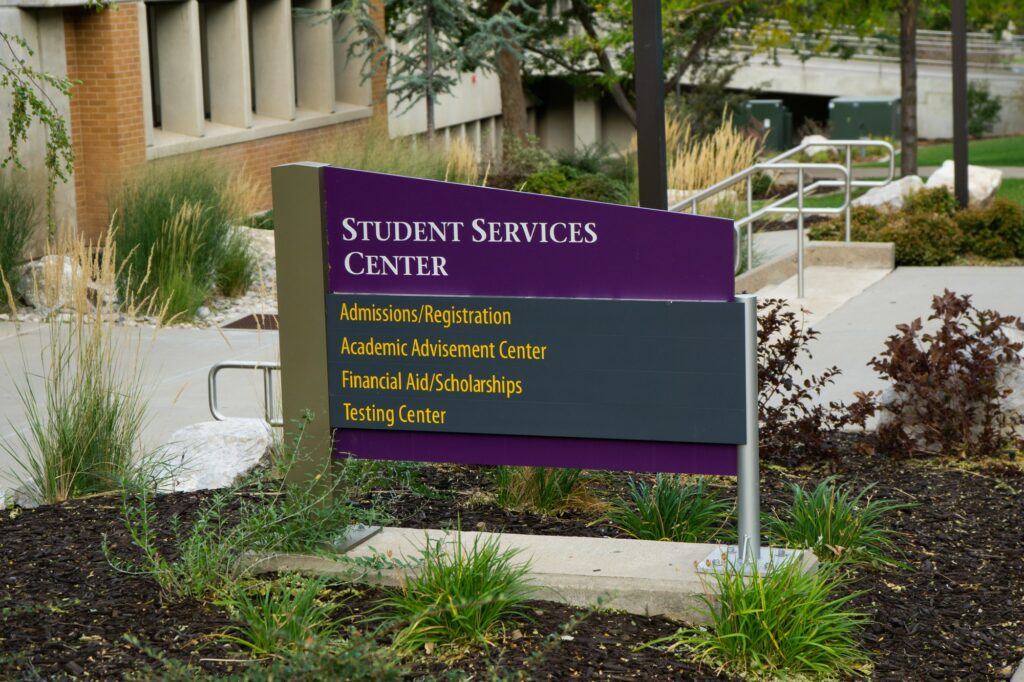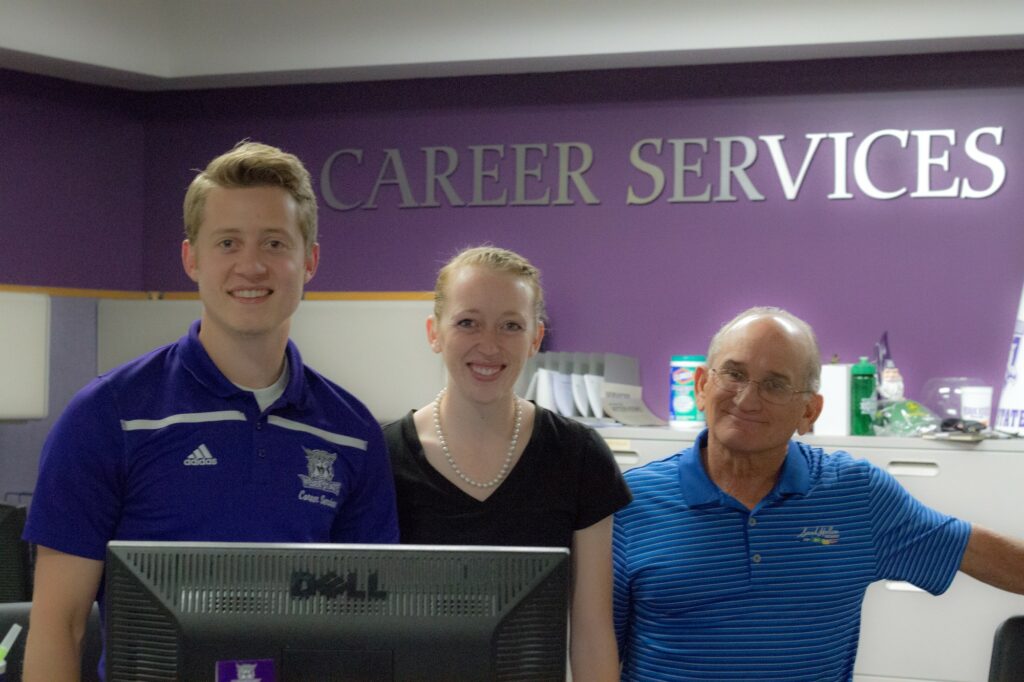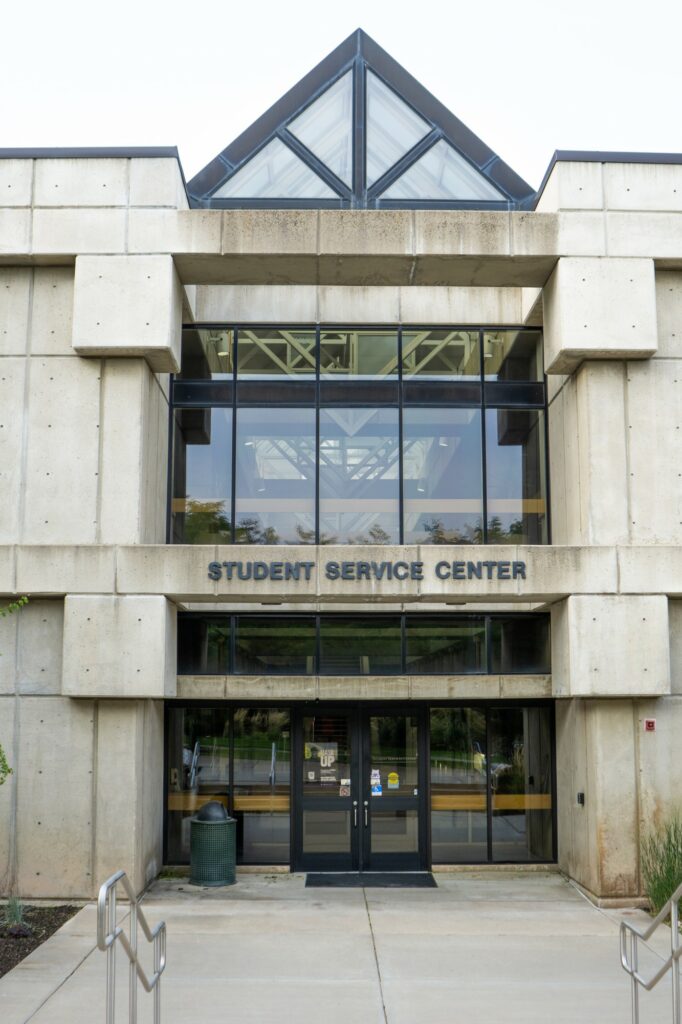The economic struggle small and large businesses faced due to COVID-19 left millions of people out of work. Thirty-four percent of those out of work are still unemployed and actively searching for a new job, and 65% of employees who lost their jobs but continued to look for work have found employment, according to a survey performed by Skynova.

A common question that students have asked themselves is where to go from here. As juniors and seniors begin to make their preparations for graduation and beyond, it can be hard to imagine starting a career in the world’s current climate.
WSU Career Services is often categorized as the best-kept secret on campus. This office has a variety of services that can help students succeed in their professional lives.
Dr. Winn Stanger, Career Services Director, advises students to visit their office early and often so they can develop the skills they need for this very competitive job market.
Regarding what students can expect when they visit their office, Stanger says, “It’s all about the student’s needs. We provide personalized services that will check all boxes of students’ interests, skills and passions.”
Skills and experience can be hard to illustrate to an employer. Job candidates can first meet with career mentors, who are trained peer advisors that will help students with every step on the way to professional success.
Mentors are available on weekdays from 11 a.m. to 2 p.m. for either in-person or virtual walk-in meetings.
“One of the hardest things for students to do is to learn how to sell themselves through a resume and interviewing, and we can teach them that,” Stanger said.

Career mentors are the first stop for entry-level resumes, cover letters, practice interviews and learning how to network. For more specific and advanced help, each college has a career counselor who can help to identify and articulate skills and assist in searching for jobs or internships and researching career paths.
Students questioning about selecting a major or a career path have resources available to them as well.
“The Major & Career Navigation Program was developed by career services and the Student Success Center to help students in navigating and selecting a major and a career,” says Amelia Williams, the career counselor for the Lindquist College of Arts and Humanities.
The program has three steps to assist students in their exploration. First, students will take a strong interest inventory and work values self-assessment, then they will schedule and attend a workshop to receive and understand the results, and finally, they will meet with their academic or career advisor.

Career services can also be accessed through the mobile app Handshake. On the app, students can request career counselor appointments, create a profile to apply for jobs and internships and attend career fairs.
“Handshake is a free app in the eWeber portal or on your phone that connects students with jobs, internships and career-related events. It was created specifically with college students in mind,” said Tyler Dingman, one of the career mentors majoring in Interpersonal & Family Communication.
Stanger emphasized preparing now for the next Virtual Career Fair on March 24.
“My advice for all students is to find a purpose and get a mentor as soon as possible,” he said. Students can attend the fairs and meet prospective employers.
According to Stanger, employers are focused on understanding what students can bring to the profession. “The sooner you understand your purpose and get help to showcase your strengths and passions, the most effective and successful you will be.”



















